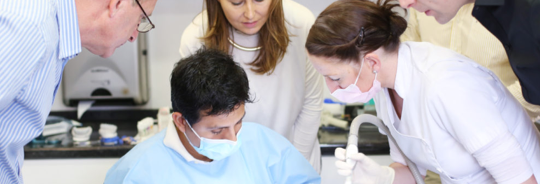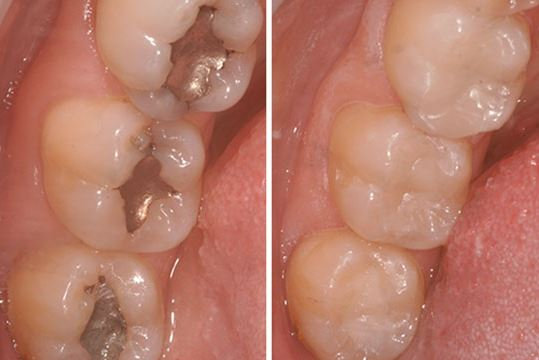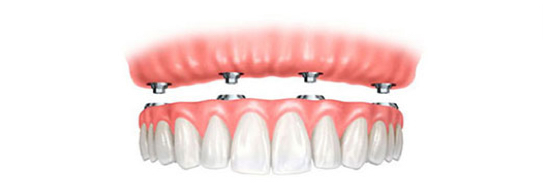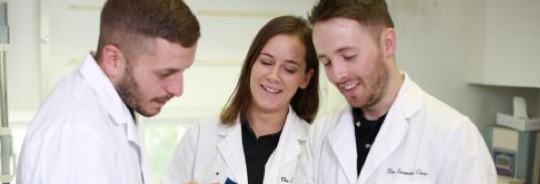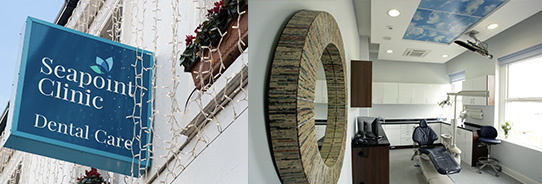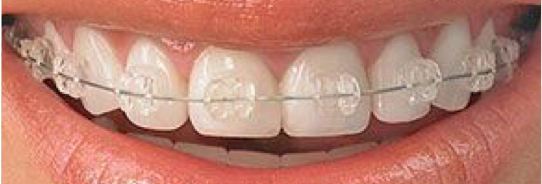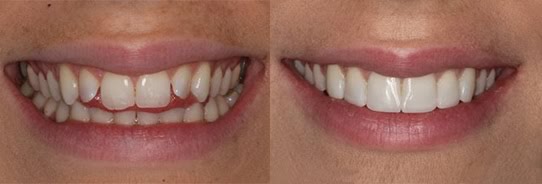
Blog
We post all the latest information here regularly so it's always up to date for you. If there is a topic you would like to have us cover please ask.
22 January 2021
What has your mouth got to do with a heart attack?

What has your mouth got to do with a heart attack?
According to a study by American Heart Association "up to 50% of heart attacks may be triggered from an infection in the mouth” .
According to www.croi.ie In Ireland 6000 people a year have a heart attack. That means up to 3000 of them may be triggered by a mouth infection.
So how does this happen you may be wondering…
Gum Disease- Healthy gums are attached firmly to your teeth with only a very shallow pocket between them and the teeth.
With gum disease this pocket becomes inflamed. It bleeds easily and the firm attachment becomes looser…
This enlarged gap allows bacteria from the mouth to go into the bloodstream and from there it can find its way to the heart or brain causing heart attack or stroke.
American Heart Association's journal, Circulation, demonstrates that endodontic (Root canal treatment) failures and lesions also play a significant role in CVD. In a study of the clots and blood samples from 101 people in the throes of a heart attack, it was discovered that 78.2% percent of the clots had oral pathogens that cause these abscesses and 34.7% of the clots contained bacteria found in periodontal disease. X-rays from 30 of the patients found that 50% had infected teeth. Research findings suggest that up to 50% of heart attacks may be triggered by an infection in the mouth. (4)
Root canal treatments are an excellent way of preserving teeth when a tooth has been damaged by decay. When there is a chronic infection or abscess however the bacteria from this reservoir of infection can get into the bloodstream. In the above study 78% of clots in the arteries around the heart contained bacteria that cause these abscesses.
It is important that you attend your dentist to take x-rays and make sure there is no undiagnosed abscess in your mouth. An abscess can have no symptoms as the bacteria can drain into the bloodstream or lymph system and spread around the body.
Reducing Your Risk of Heart Problems from dental causes-
- Seeing the dentist and hygienist regularly (Typically every 6 months unless have existing gum disease or high rate of cavities)
- Have x-rays regularly of root treated teeth to ensure they are healthy.
- Re root treat or extract teeth which have unresolved issues.
- Use mouthwashes to reduce gum disease.



